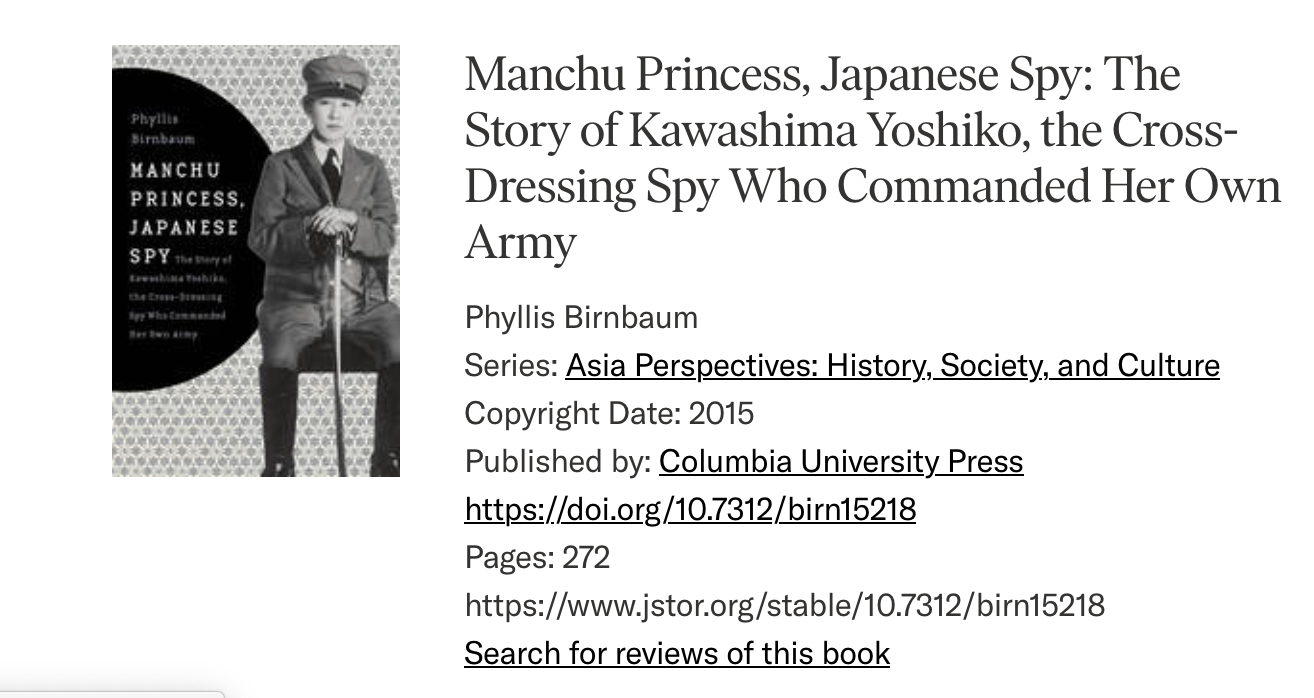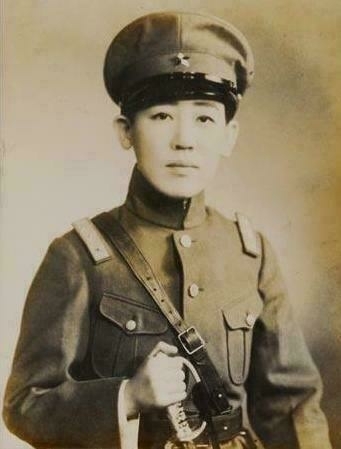
No longer can rap lyrics be held against their author in a criminal trial, a new California law tells us.
Many would assert that rap glorifies the thug lifestyle, though arguments will ensue as to whether that lifestyle is merely a fashion statement akin to the “heroin chic” that glamour magazines pushed in the 90’s.
Still, violence by and against rap stars seems to be part of that world. Some of these killings, like the assassinations of Tupac and Biggie. The former CEO of Death Row Records, Suge Knight, is himself in prison, serving a lengthy term for murder.
Some would question whether rap lyrics’ discussion of violence is nothing more than an elaborate pose. After all, didn’t white rapper Vanilla Ice sing of prowling the streets of Miami with a 9mm handgun?
A prosecutor would be eager to use such lyrics in a criminal prosecution. After all, Google searches for “how to dispose of a body” can and are introduced as evidence of premeditation.
Hollywood knows not a little about make-believe and saw this as a dangerous trend. Hence, the new protective evidentiary rule.
But there’s nothing new about the use of literature in criminal cases. Kawashima Yoshiko was a member of the Chinese imperial family who, not entirely unsurprisingly, cast her lot with the Japanese occupiers of the puppet state of Manchuoko, as they had restored her family to a much-reduced, Japanese-controlled throne.

She spoke fluent Japanese, was raised in Japan for a time and commanded an army.
And she was trans, deciding that she would no longer be a woman. “Yoshiko” is her dead name, she adopted the name “Ryosuke” as her male name.
Accused of treason after the fall of Japan and the second fall of the Qing Imperial House, she was tried in a Chinese court, where a novel about her life was entered into evidence. Not a record or a report: a novel. A novel not written by Ryosuke and fictionalized. No matter: she was convicted and shot.
I doubt that the California legislators considered the facts of her case when considering the new legislation. The new evidentiary rule is largely symbolic since a judge may waive it and allow song lyrics to be considered by the jury.
And presumably, novels as well.